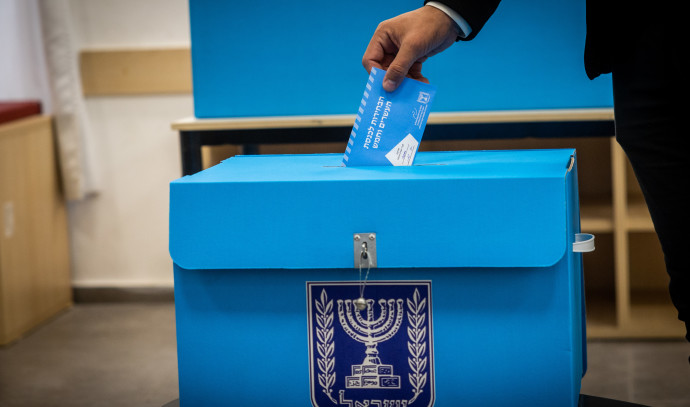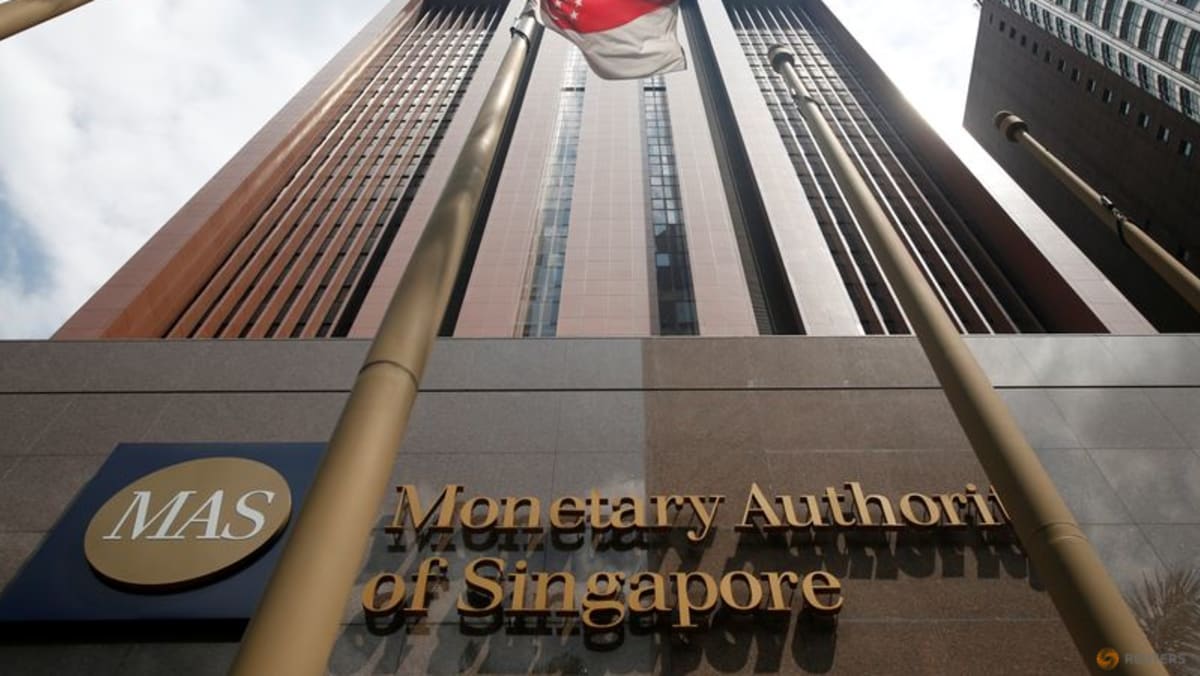The cabinet voted unanimously to sign an order to postpone the municipal elections until February 27 during a cabinet meeting on Sunday.
The decision was made after a cabinet meeting last week where data from the IDF revealed that 688 candidates for 144 cities and towns were currently serving in reserves and couldn’t be spared for elections.
This comes after weeks during which a debate raged on whether the municipal elections should be delayed again after they were supposed to take place at the end of October and were then moved to January 30.
Members of the government pushed for postponement
Members of the government, most notably the Religious Zionist Party and Otzma Yehudit, had urged Interior Minister Moshe Arbel to push off the elections again, but for weeks, he refused, saying that there was no justification for it.
Last week, however, IDF Chief of Staff Herzi Halevi sent Arbel a letter detailing the challenges the army would face holding elections in January, and Arbel changed his mind.
In order for the elections to be postponed, the Knesset’s Interior Committee will now have to vote on it with 75% agreeing.
“We generally don’t hold elections during wartime, but these elections were scheduled in advance,” said Prime Minister Benjamin Netanyahu at the beginning of Sunday’s cabinet meeting. “They’ve already been postponed once, and it’s very difficult to push them off for a very long time, but there are two options: Hold them at the end of January or hold them at the end of February. My recommendation is clear: Do it at the end of February in order to allow as many reservists as possible to run. It’s an elemental and important right.”
Finance Minister Bezalel Smotrich, who has been especially vocal in calling for a postponement, praised the cabinet’s decision.
“When our soldiers are on the frontlines, they cannot take part in elections, and the last thing that Israel’s citizens need is arguments on elections,” he said. “[RZP] led the postponement in the names of thousands of soldiers who aren’t willing to give up on their right to vote and be elected.”
“This is an important and moral decision for reservists who are currently in Gaza, the North, and the West Bank, allowing them to continue to concentrate on fighting,” said National Security Minister Itamar Ben-Gvir. “In my opinion, it would have been better to delay the elections for longer even if it needed legislation changes, but this decision is a good decision.”







